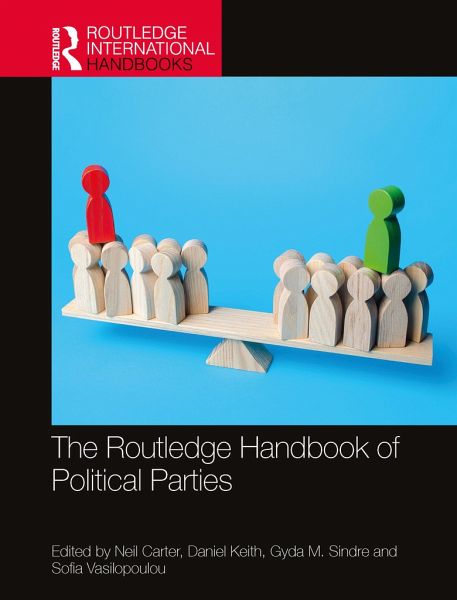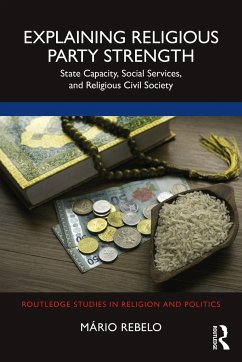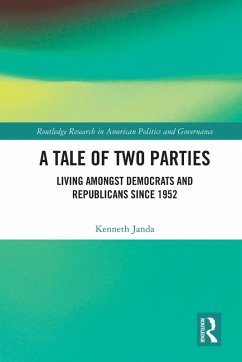
The Routledge Handbook of Political Parties
Versandkostenfrei!
Versandfertig in 1-2 Wochen
232,99 €
inkl. MwSt.
Weitere Ausgaben:

PAYBACK Punkte
116 °P sammeln!
This handbook provides a systematic and comprehensive overview of the study of political parties provided by leading experts in the field.














